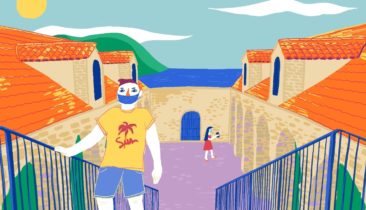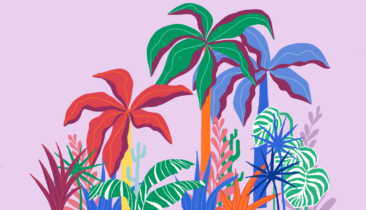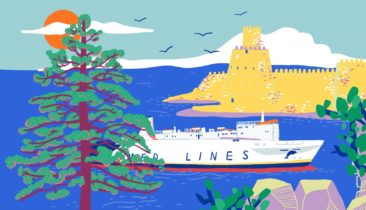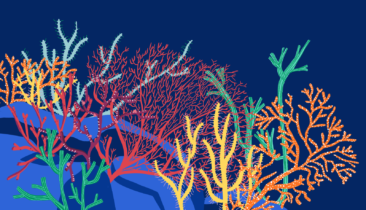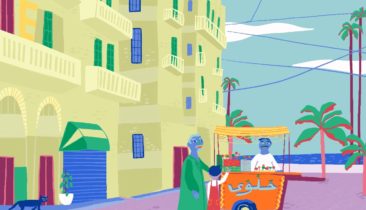series

The Mediterranean is more than a water body. Its shores and inhabitants are interlinked by centuries of exchange.
The Mediterranean has always been more than a water body. Forever interlinked by trade, migration and cultural exchange, its shores and the people living along them form a region with a deep shared social and cultural history.
In an attempt to go beyond familiar tales of its brilliant civilisations, olive oil and much-celebrated diet, this series aims to look at some of the lesser-known aspects of Mediterranean life of yesterday and today. While we hear talk of a unified and bonded region, the sea is marked by unequal relationships between former imperial powers and other nations. Old ways of governing seem to linger, and mark countries’ responses to different economic, political and ecological challenges.
Still, there is a sense of proximity, attachment and understanding that links cities like Tangiers and Beirut or Venice and Benghazi. This is how each of the five stories in this series ended up connecting different parts of the Mediterranean to each other.
In the first story, Jenny Gustafsson traces the history of epidemic-time quarantine, which is an entirely Mediterranean invention. Clément Girardot, in the second piece, describes how the Canary Island palm came to be a Mediterranean icon, now facing a deadly threat. For the third feature, Myriam Amri meets coral fishers off the coast of Tunisia, where informal coral trade networks have taken root. Kaya Genç, in the fourth story, follows a boat traversing the Mediterranean from Turkey to Lebanon. Finally, Amro Ali travels from Egypt to the western shores of the Maghreb, and returns to explore times-old Moroccan influence in Alexandria.
This series is part of the cross-regional project Our Mediterranean, aiming to link different parts of the Mediterranean and show the diversity and riches of the region: its common roots, shared future and connections between its people. It is funded by the European Union within the framework of the regional Med Dialogue for Rights and Equality program.
This publication was produced with the financial support of the European Union within the framework of the EU-funded regional Programme Med Dialogue for Rights and Equality. Its contents are the sole responsibility of Mashallah News and do not necessarily reflect the views of the European Union. The #ourmediterranean project is carried by a consortium of four NGOs: Mashallah News, Maydan, Civitas Institute and Réseau Euromed France.







